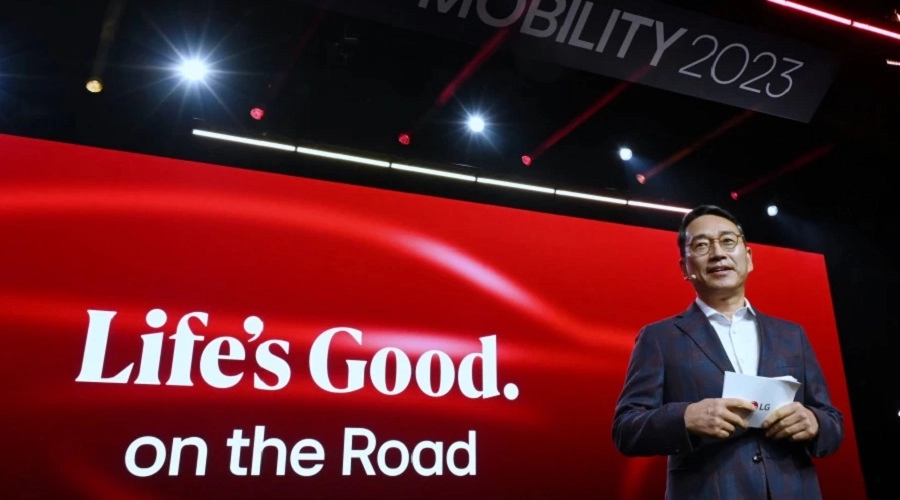In order to enhance the performance of its e-Powertrain for electric vehicles and expand product availability, LG Magna plans to construct a new electric motor plant in Miskolac, Hungary, with completion expected by 2025.
It’s worth noting that LG Magna is a joint venture created in 2021 by the South Korean company LG and the Canadian firm Magna.
This marks the company’s first production plant in Europe, aimed at strengthening LG’s presence in the European market.
The plant will cover an area of 284,000 square meters and is estimated to create 200 new jobs.
While the plant will initially produce electric motors, it is also slated to offer a range of electrified propulsion solutions in the future, including portable chargers for electric vehicles.
This move is expected to bolster LG’s future mobility ecosystem.
It’s worth mentioning that, as part of its strategy to provide optimal mobility experiences, LG acquired HiEV Charger last year, which possesses essential technology for chargers.
To meet the growing demand in the future mobility sector, HiEV Charger introduced four types of chargers addressing the weaknesses of existing solutions, reflecting customer needs and suggestions.
Furthermore, synergies are also anticipated with the LG Group’s battery business, which is expected to grow rapidly in the coming years.
Three Pillars for Mobility
The knowledge and expertise underlying LG’s user-experience-oriented products and services have driven the rapid growth of its subsidiary, LG Vehicle Component Solutions (VS).
According to Strategy Analytics, a market research company, LG captured an estimated 23.3% of the global market share for telematics solutions in the previous year, solidifying its position as the market leader. Furthermore, since 2021, the company has maintained a double-digit market share in the audio, video, and navigation (AVN) segment.
As a result, LG’s mobility business focuses on three primary pillars:
- In-vehicle infotainment systems produced by its VS division.
- Electric propulsion systems developed by LG Magna e-Powertrain (LG Magna), a joint venture between LG and Magna International.
- Vehicle lighting systems developed by LG’s subsidiary, ZKW Group.
Through these three business branches, LG establishes itself as a formidable player in core technologies that will shape the future of mobility.
What Will the Car of the Future Look Like for LG?
In a recent LG study conducted with users in an environment designed to simulate the interior of an autonomous vehicle, it was concluded that most people perceive it as an exclusive and private space that provides them with complete freedom to do whatever they want, such as playing, working, or having some personal time.
Through the survey, it was determined that 72% of respondents agree that traveling by car is primarily a moment to relax alone, and 43% view their vehicle as a significant personal space.
Based on their customers’ feedback, the firm is redefining its products.
The company believes that a vehicle’s interior space should be able to physically transform to suit different situations or purposes, becoming a restaurant for dining, an office for work, or even a mobile cinema.
To offer this Transformable Experience, the interior space will need to be more flexible and provide unique experiences that meet and exceed users’ expectations.
This concept will come to life through LG’s innovative display solutions, including transparent, flexible, and rollable screens in various form factors, as well as their unmatched appliance technologies.
The company envisions that the car of the future should be able to understand the unique context of each journey, taking into account the destination, duration, and other variables to provide a smarter and more complete travel experience with personalized content recommendations.
The firm is confident that the combination of advanced artificial intelligence (AI) and extended reality (XR) technology will help unlock exploratory experiences sooner rather than later.
Additionally, with augmented reality (AR) technology and windshields incorporating LG’s transparent OLED display, passengers can completely transform the look of the vehicle’s interior.
“LG has been in the consumer industry for almost 70 years. Throughout this time, we have gained deep insights into users worldwide and their daily habits, continuously discovering new ideas and trends,” said William Cho, CEO of the company.
“Over time, this has translated into various innovations in the consumer electronics sector,” he added.







